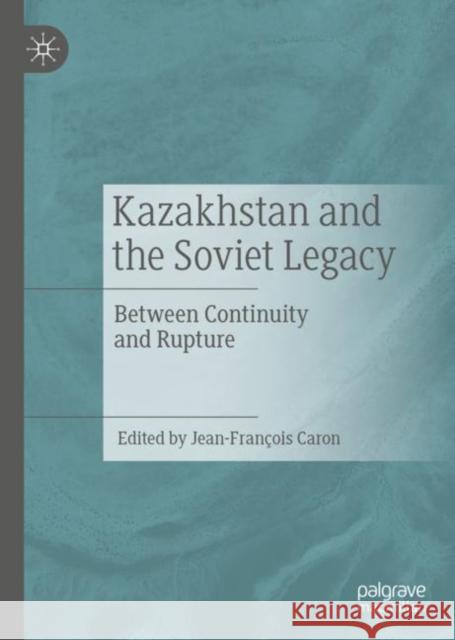Kazakhstan and the Soviet Legacy: Between Continuity and Rupture » książka
topmenu
Kazakhstan and the Soviet Legacy: Between Continuity and Rupture
ISBN-13: 9789811366925 / Angielski / Twarda / 2019 / 209 str.
Kategorie BISAC:
Wydawca:
Palgrave MacMillan
Język:
Angielski
ISBN-13:
9789811366925
Rok wydania:
2019
Wydanie:
2019
Ilość stron:
209
Waga:
0.41 kg
Wymiary:
21.01 x 14.81 x 1.42
Oprawa:
Twarda
Wolumenów:
01
Dodatkowe informacje:
Wydanie ilustrowane











